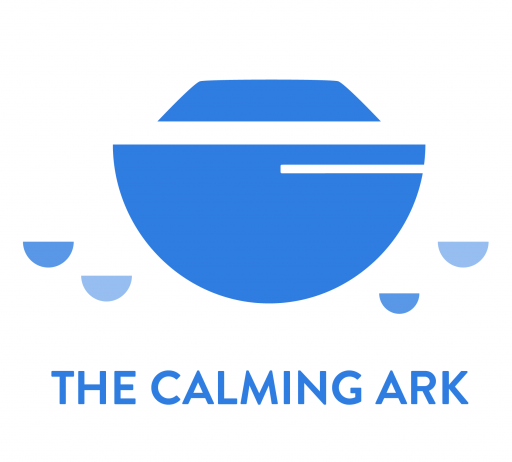One of the most painful realities for trauma survivors is the sense that the past is always present. Even when the event is long over, the body and mind continue to react as if the danger is ongoing. This is not due to weakness or rumination—it is a neurological imprint of trauma.
Traumatic memories are stored differently than ordinary memories. While typical memories are processed and stored in the hippocampus, trauma can override this system. The amygdala—responsible for detecting threat—records the sensory and emotional intensity of the event, but without a clear sense of time or sequence. Like a jigsaw puzzle that is sprawled on the floor, trauma memories are fragmented in the brain and can feel intrusive or timeless.
Instead of being stored as an integrated memory in the brain, imagine a memory fragmenting into different jigsaw puzzle pieces of smell, sound, location, etc. This explains why certain sounds, smells, or sights can trigger a visceral response, even if the person isn’t consciously thinking about the trauma. These implicit memories live in the body and the nervous system and are often re-experienced as flashbacks, nightmares, or intense emotional reactions.
Letting go of trauma doesn’t mean forgetting—it means helping the brain and body complete what was once overwhelming. With the right support, these memories can be integrated, and “time-stamped”. When a memory is “time-stamped”, the brain and body recognises that the trauma has happened in the past, and the person is not facing an ongoing threat. This means the traumatic memories no longer control one’s present.
How Therapy May Be Helpful
Working with a trauma-informed therapist can help your with recognising and validating your body’s responses. Learning and implementing grounding techniques during triggers helps calm the nervous system down. In addition, working with a therapist can aid in exploring and tracking patterns or themes that could be consistently triggering a trauma response. Trauma-focused therapies such as EMDR can help process these memories at both the cognitive and bodily level, aiding in the integrating of the fragmented traumatic memories.

Sources:
- Rothschild, B. (2000). The Body Remembers.
- Siegel, D. J. (2012). The Developing Mind.
- van der Kolk, B. (2014). The Body Keeps the Score.

